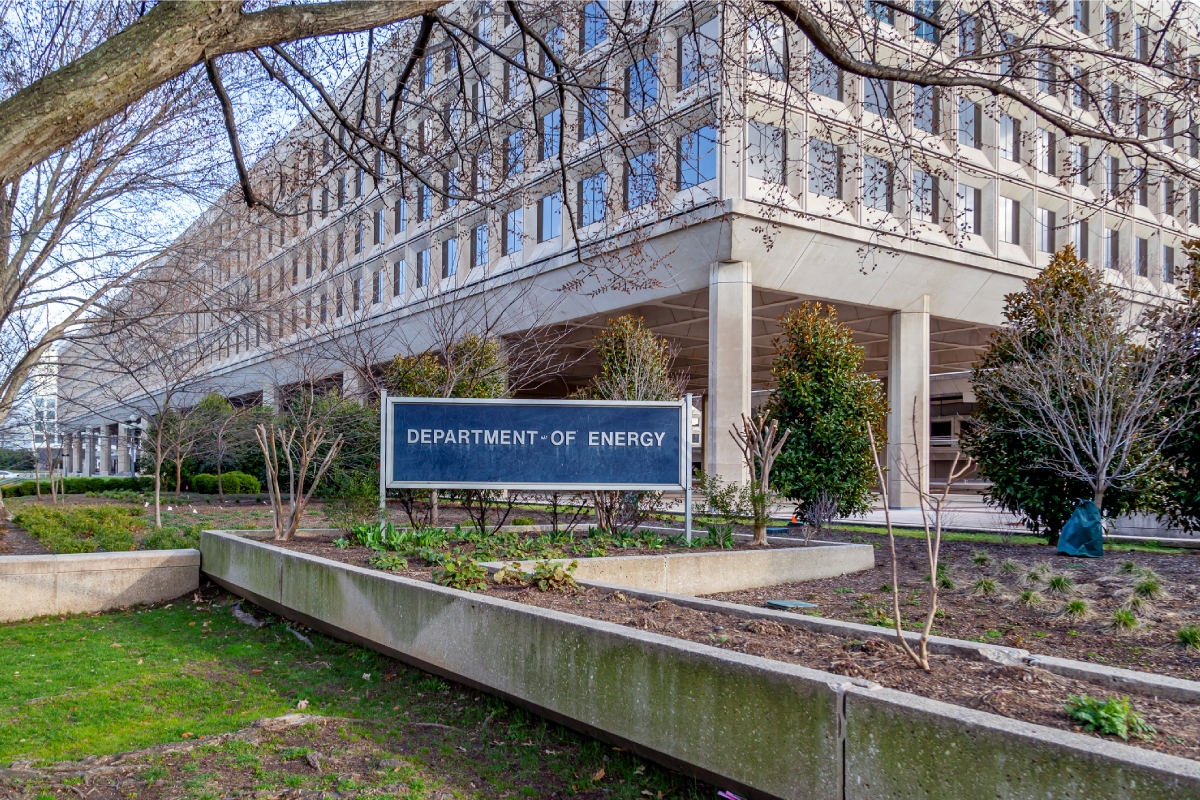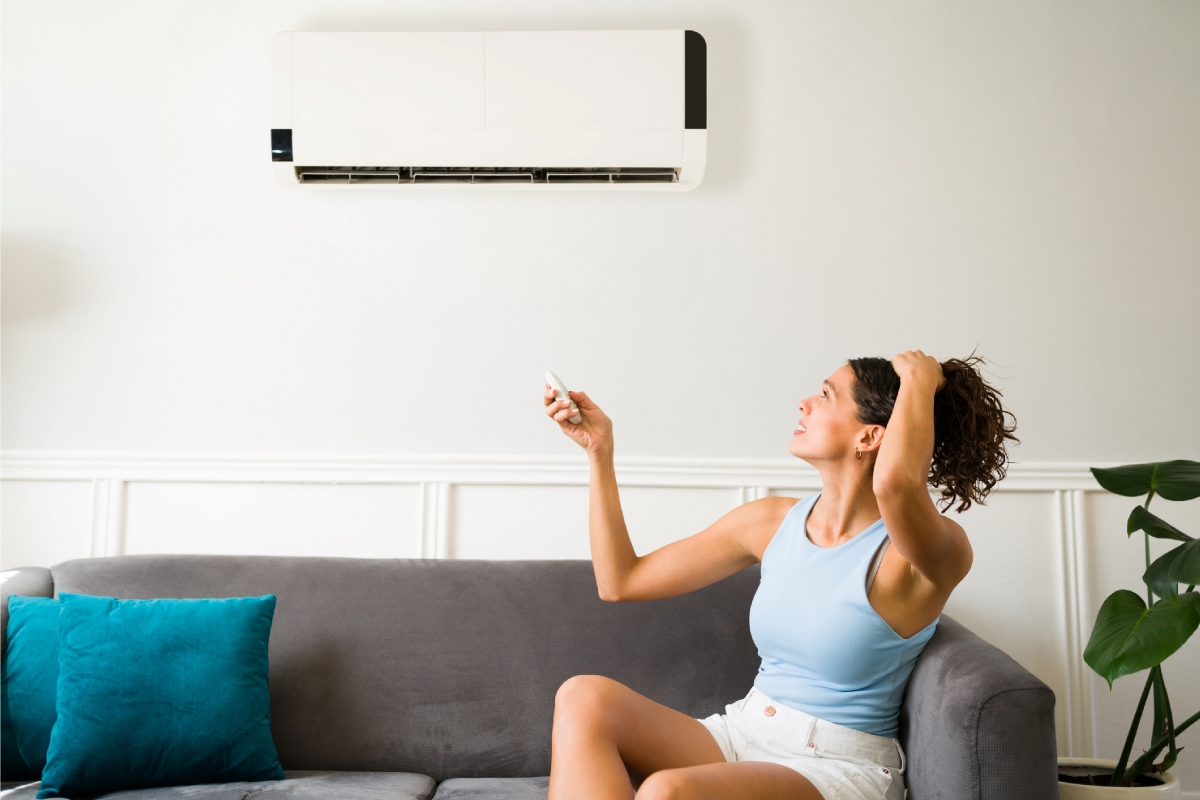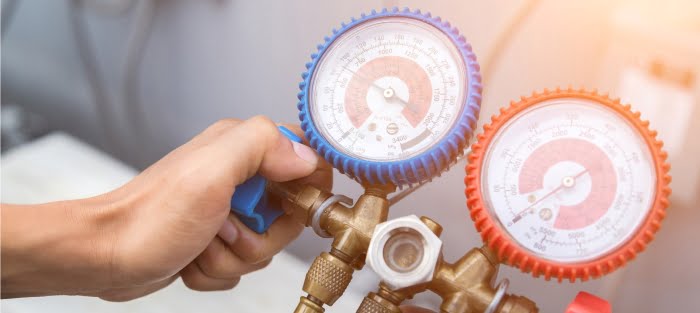
The U.S. Department of Energy (DOE) has rolled out new HVAC regulation updates that promise to bring about significant changes in how we heat and cool our homes. The DOE’s new regulations that went into effect on January 1, 2023 are primarily aimed at boosting the energy efficiency of HVAC systems. Energy efficiency is not only good for the environment but also for your wallet. It means your HVAC system will consume less energy to provide the same level of comfort, leading to lower utility bills.
SEER and HSPF Standards
SEER (Seasonal Energy Efficiency Ratio) and HSPF (Heating Seasonal Performance Factor) are two important metrics that homeowners should be aware of. The DOE’s updates are expected to raise the minimum SEER and HSPF standards for air conditioners and heat pumps, making new installations more energy-efficient than ever before. This means you’ll have access to systems that are not only environmentally friendly but also capable of delivering better performance.
Furnace Fan Efficiency
The DOE is also introducing new regulations for furnace fan efficiency. Furnace fans are crucial components of forced-air heating systems, and by making them more efficient, the DOE aims to reduce overall energy consumption in heating systems. This can translate into significant energy savings over time.
Energy Conservation Standards
The DOE is continually updating energy conservation standards for various HVAC equipment. In 2023, some of these standards will become more stringent, encouraging manufacturers to produce equipment that operates at higher efficiency levels. As a homeowner, this means you’ll have access to a wider range of energy-efficient options when it’s time to replace or upgrade your HVAC system.
Refrigerant Changes
Another aspect of the 2023 HVAC regulation updates involves refrigerants. The regulations will encourage the use of refrigerants with lower global warming potential (GWP), aligning with broader efforts to reduce greenhouse gas emissions. This is not only environmentally responsible but also future-proofing your HVAC system against potential refrigerant phase-outs.
The Benefits for Homeowners
So, what does all this mean for you as a homeowner? Here are the key takeaways:
1. Lower Energy Bills: Upgrading to an HVAC system that meets the new standards can lead to substantial energy savings, reducing your monthly utility bills.
2. Environmental Benefits: More energy-efficient HVAC systems contribute to a greener planet by reducing carbon emissions and conserving resources.
3. Improved Comfort: High-efficiency systems often provide better comfort, with more even heating and cooling throughout your home.
4. Increased Home Value: Energy-efficient HVAC systems can enhance your home’s value and appeal to potential buyers if you decide to sell in the future.
5. Access to Rebates: Many states and utility companies offer rebates and incentives for homeowners who install energy-efficient HVAC systems, further reducing the upfront costs. Click here to learn more about current energy efficient rebates available in North Carolina.
As the 2023 HVAC regulation updates by the Department of Energy come into play, homeowners are presented with an opportunity to upgrade their HVAC systems to more efficient, environmentally friendly models. While the initial investment may seem daunting, the long-term benefits, both in terms of energy savings and reduced environmental impact, make it a wise choice. Plus, you’ll enjoy a more comfortable and eco-conscious home for years to come.
continue reading
Related Posts
Here’s what renters should know about North Carolina laws regarding landlords’ responsibilities for air conditioning in rental properties.
While these popular social media hacks may seem like a quick and cost-effective solution, they can pose significant threats to your safety and home.
One simple yet effective way to enhance comfort and energy efficiency during these warmer months is by adjusting the direction of your ceiling fan’s rotation.




